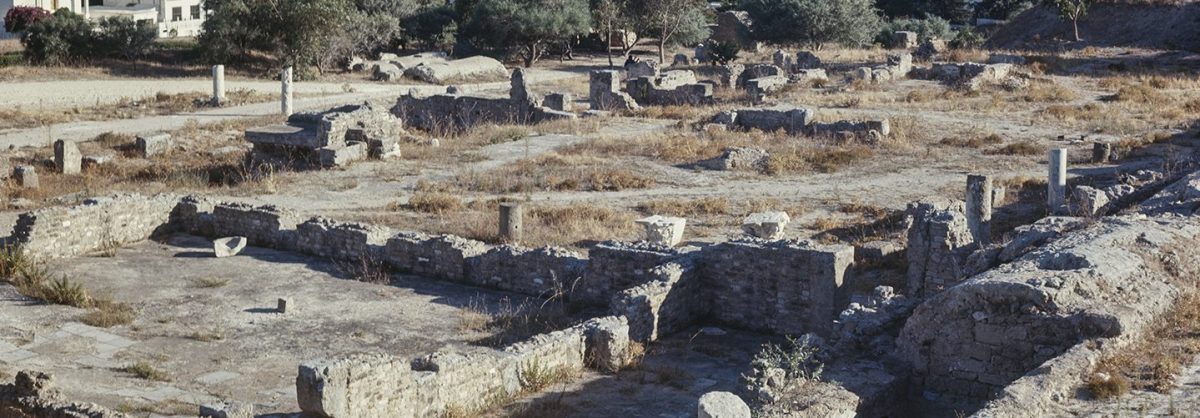DNA recovered from the remains of the mysterious ancient Phoenicians shows that the community was an inclusive, multicultural society focused on exploration, according to a new paper published in the scientific journal Plos One. The seafaring Mediterranean civilization began to take shape around 1800 B.C. in the northern Levant, the historical region that roughly corresponds here to the coast along Syria and Lebanon. Their influence spread over Asia, Europe and Africa. Led by researchers from the University of Otago in New Zealand and the Lebanese American University in Beirut, the team focused on mitochondrial genomes. They compared gene sequences from Phoenician and pre-Phoenician Lebanon and Sardinia with modern Lebanese data. The results show that the ancient Phoenicians had integrated with ancient indigenous Sardinians.
“What is fascinating about our finding is the very fact that it was revealed to us by mitochondrial DNA,” corresponding author Pierre Zalloua told Newsweek. “The findings tell us a lot about the Phoenician culture: when these sailors brought their women to settle with them, they intended to integrate rather than to conquer.”
Thanks for reading InsideHook. Sign up for our daily newsletter and be in the know.


















